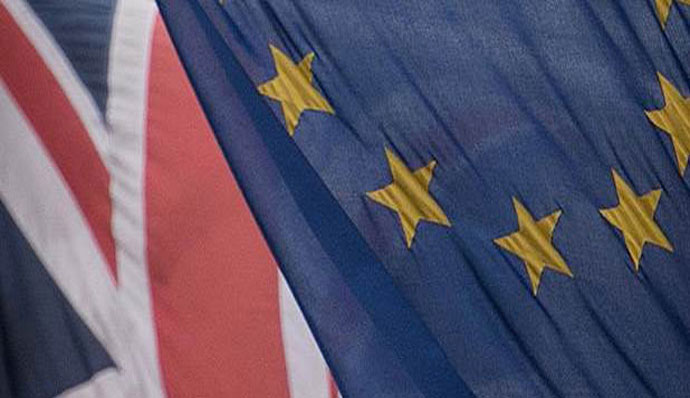By Reem Fatthelbab
The fear of the refugee influx coming from the Middle East and Africa may have caused a slim majority to vote for Brexit; however, it doesn’t seem enough to make up for the uncertainty about the country’s near future, especially when it comes to Provinces and Countries within Great Britain.
The High Court of Belfast gave the right to a group of politicians, mostly from republican/nationalist background, to legally challenge Brexit. The legal argument is that Brexit violates the Lisbon Treaty, by deciding to exit the EU without parliamentary authorization, as well as, the Good Friday Treaty, the essential peace treaty between Northern Ireland and the Republic of Ireland. However, this is not the only dimension to Northern Ireland’s resentment to Brexit; especially after it had voted to remain in the EU by a 56% majority in June’s referendum vote. ‘The government was so busy campaigning for staying in the EU that they forgot to tell us what will happen if we choose to get out’ says David Wright, Northern Ireland editor for the Irish Farmers Journal.
Sammy Wilson, Member of Parliament representing the Northern Irish province from the Democratic Unionist Party (DUP) argued that there is an element of violence and even terrorism in the Republican approach that is believed to make them attain their goal. Wilson said that DUP is campaigning for Brexit mainly because they’re strongly against the massive sums of money contributed by the UK to the union while the country would be better off keeping this money for its own affairs.
David Wright explains that the UK getting out of the EU poses some serious concerns about the trade to/from Northern Ireland with Europe, specifically the Republic of Ireland where there is a high level of interdependency between the countries. By getting out of the EU the GBP wouldn’t even be bound to the euro and to the EU’s economic state in general; which may lead to significant discrepancies and a more complicated trade process (as border controls are obviously not something that contribute to an efficient trade process) which forms 50% of the economy of Northern Ireland, due to the unnecessary expenses, time, and paperwork of crossing borders. The economic implications come at a higher cost to Northern Ireland; due to its high dependency on agriculture that is much more appreciated by Brussels than London, and on exports that are generally dependent on open borders with EU member states.
Northern Ireland is trying to make its way out through the ambiguity of Brexit, Scottish politicians have also there share of worries regarding the negative economic impacts of Brexit, yet the debate continues regarding weighing the benefits to leave the UK and accordingly joining the EU as independent states or remaining within the UK and being substantially compensated for the negative impacts of Brexit on their economies.


